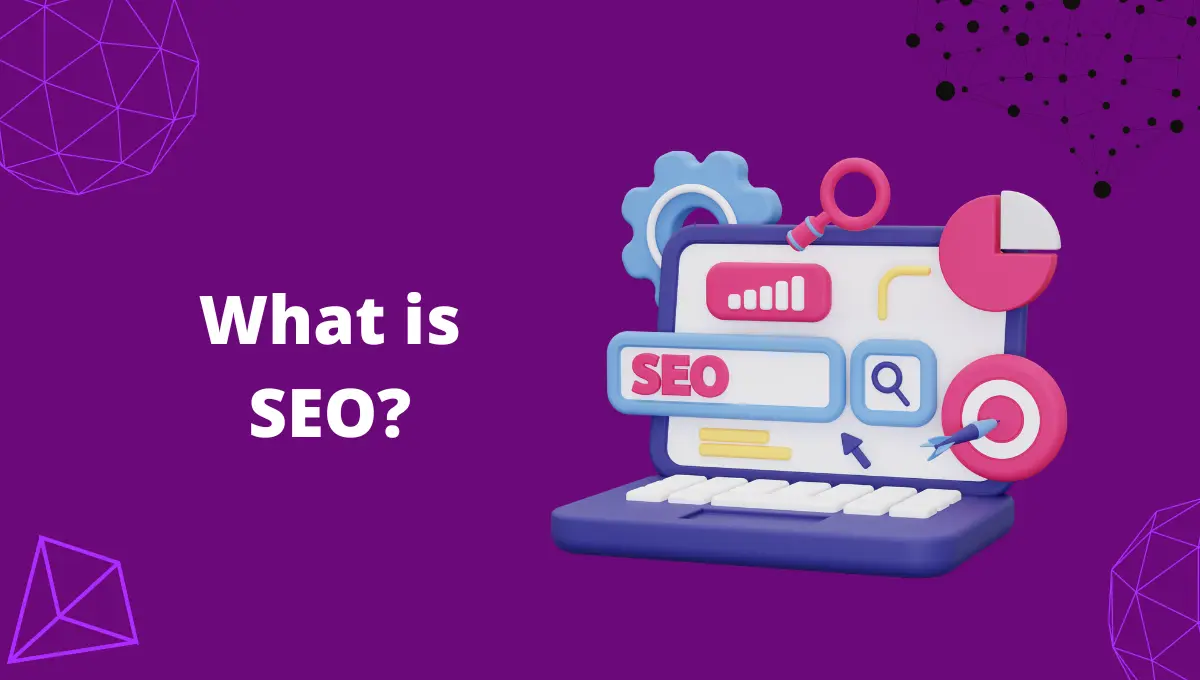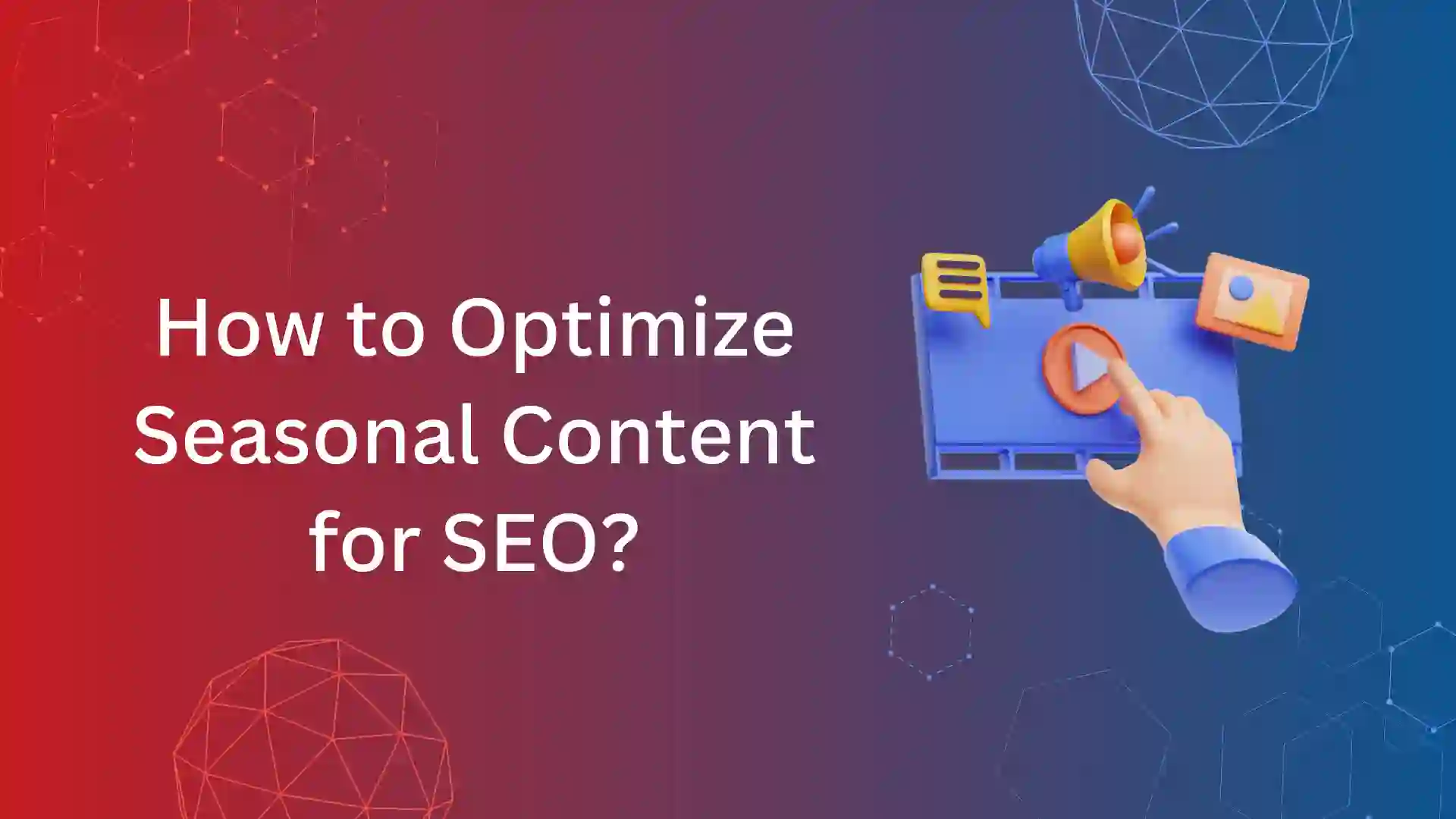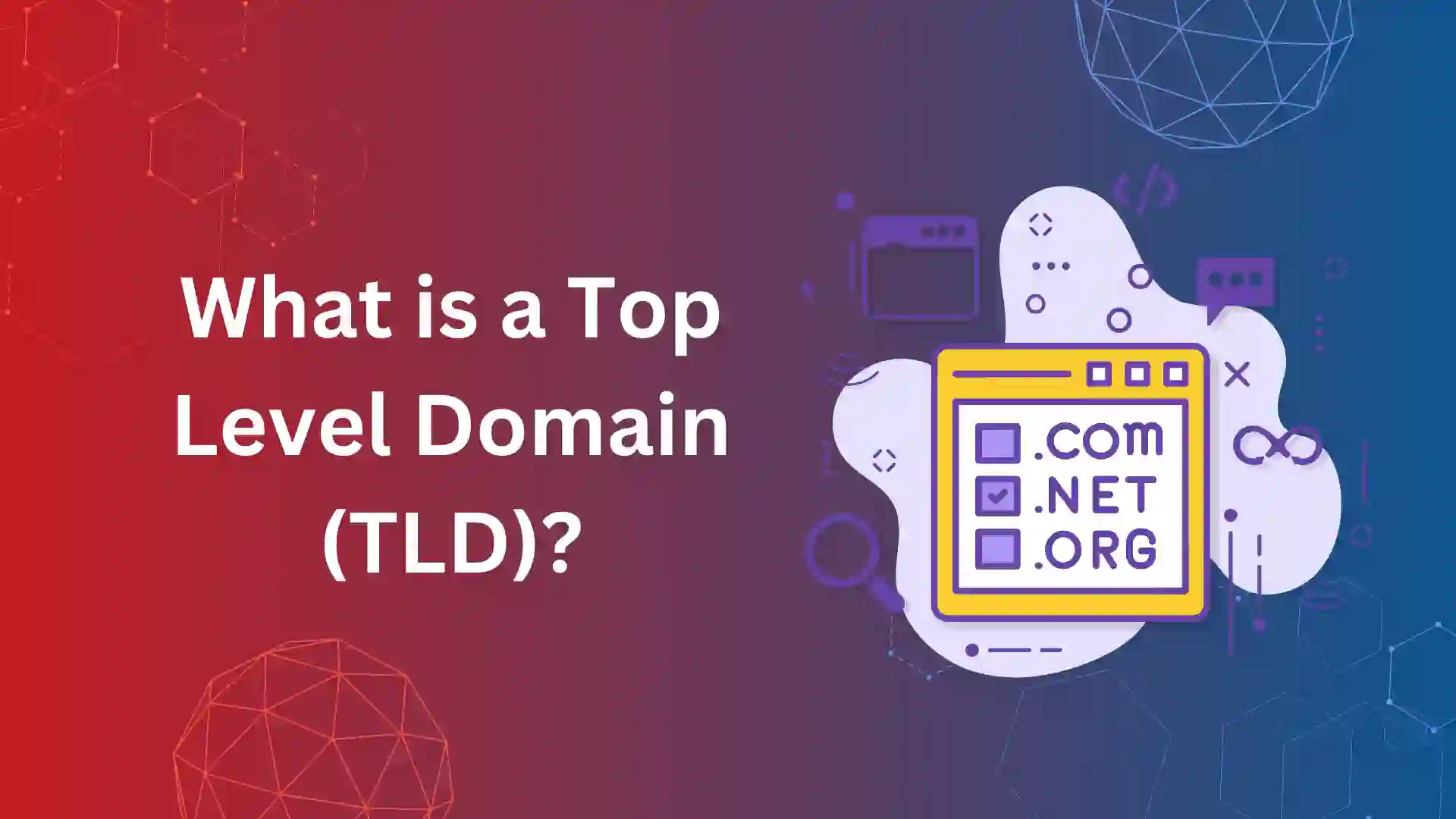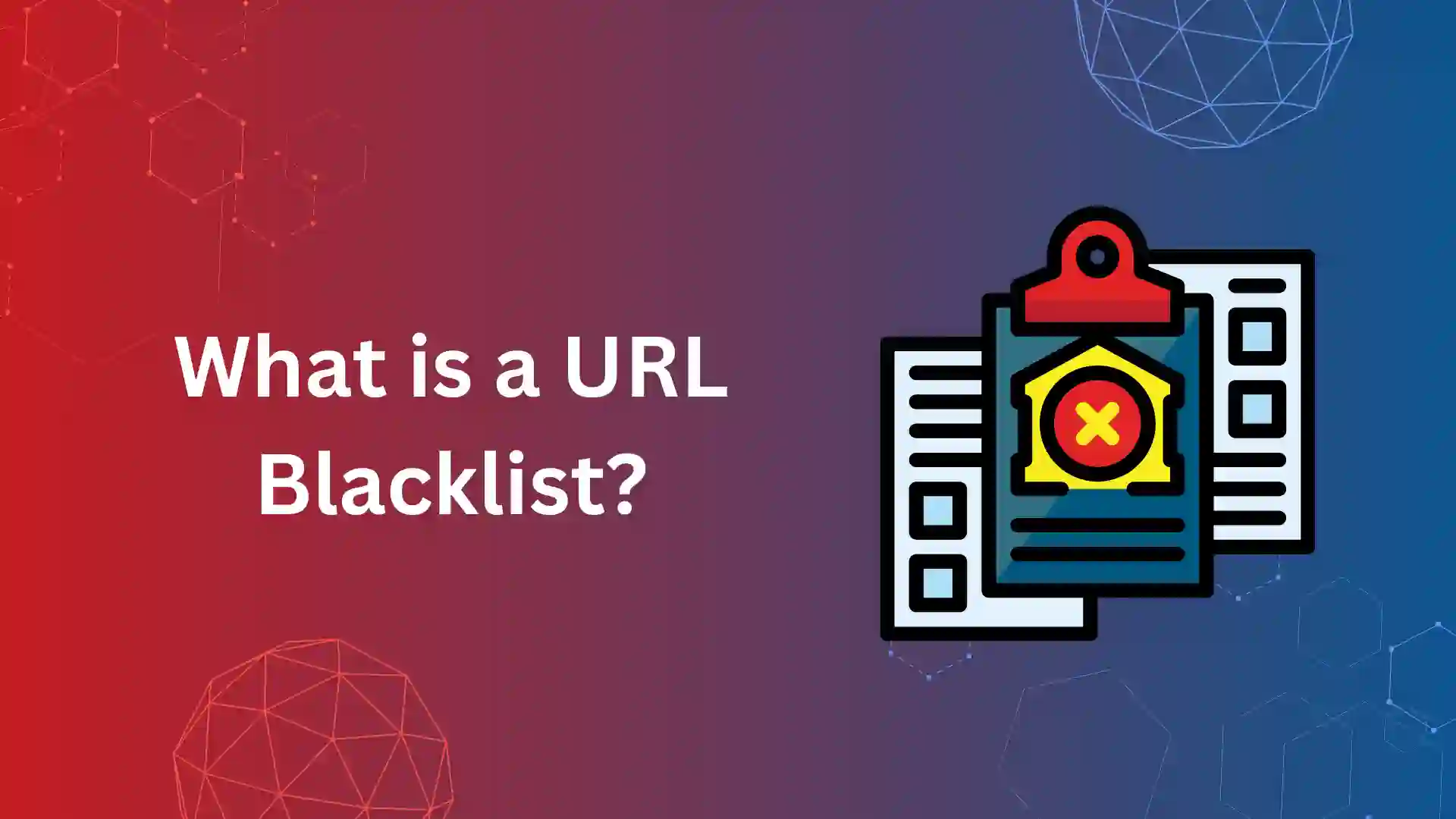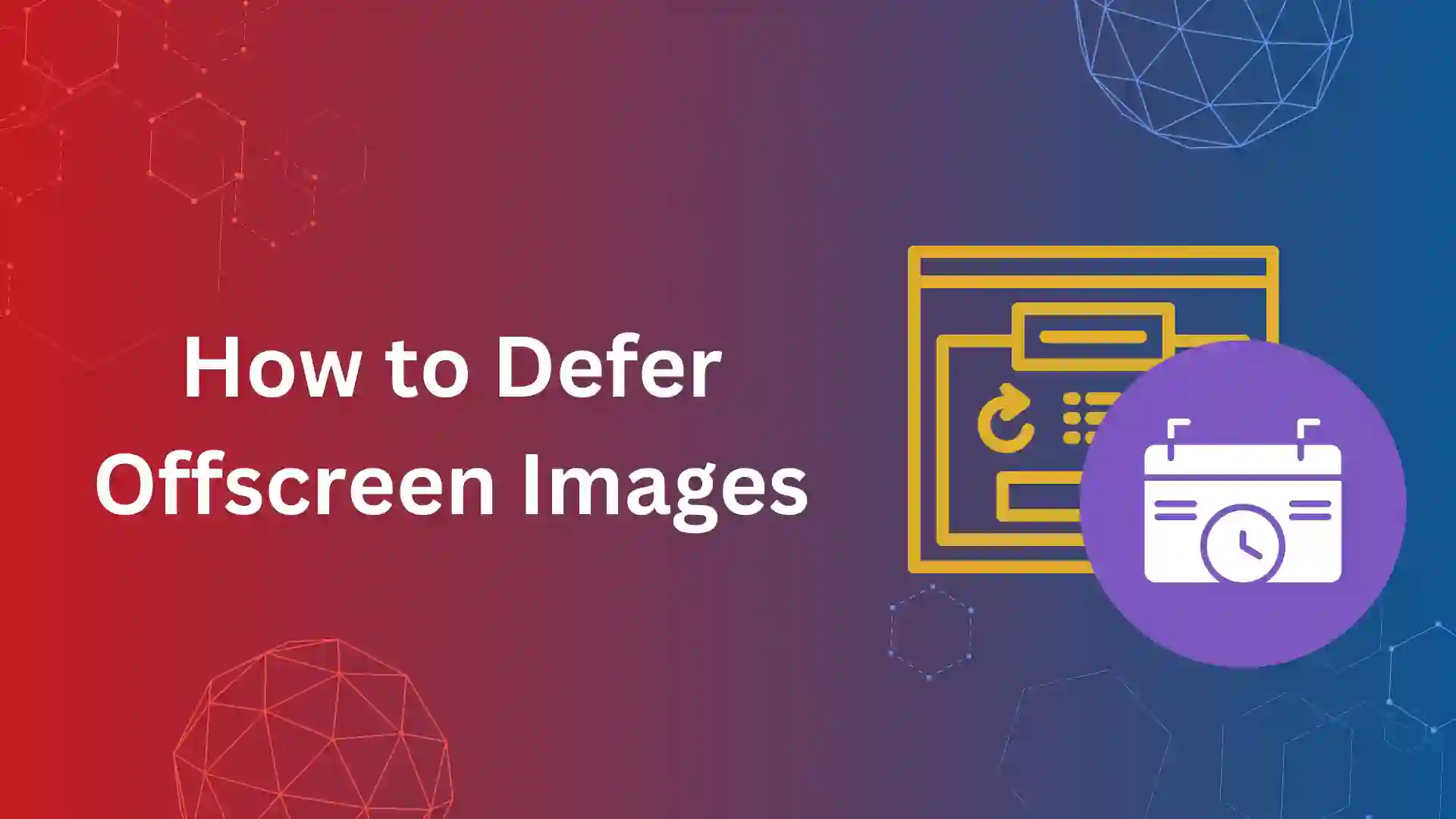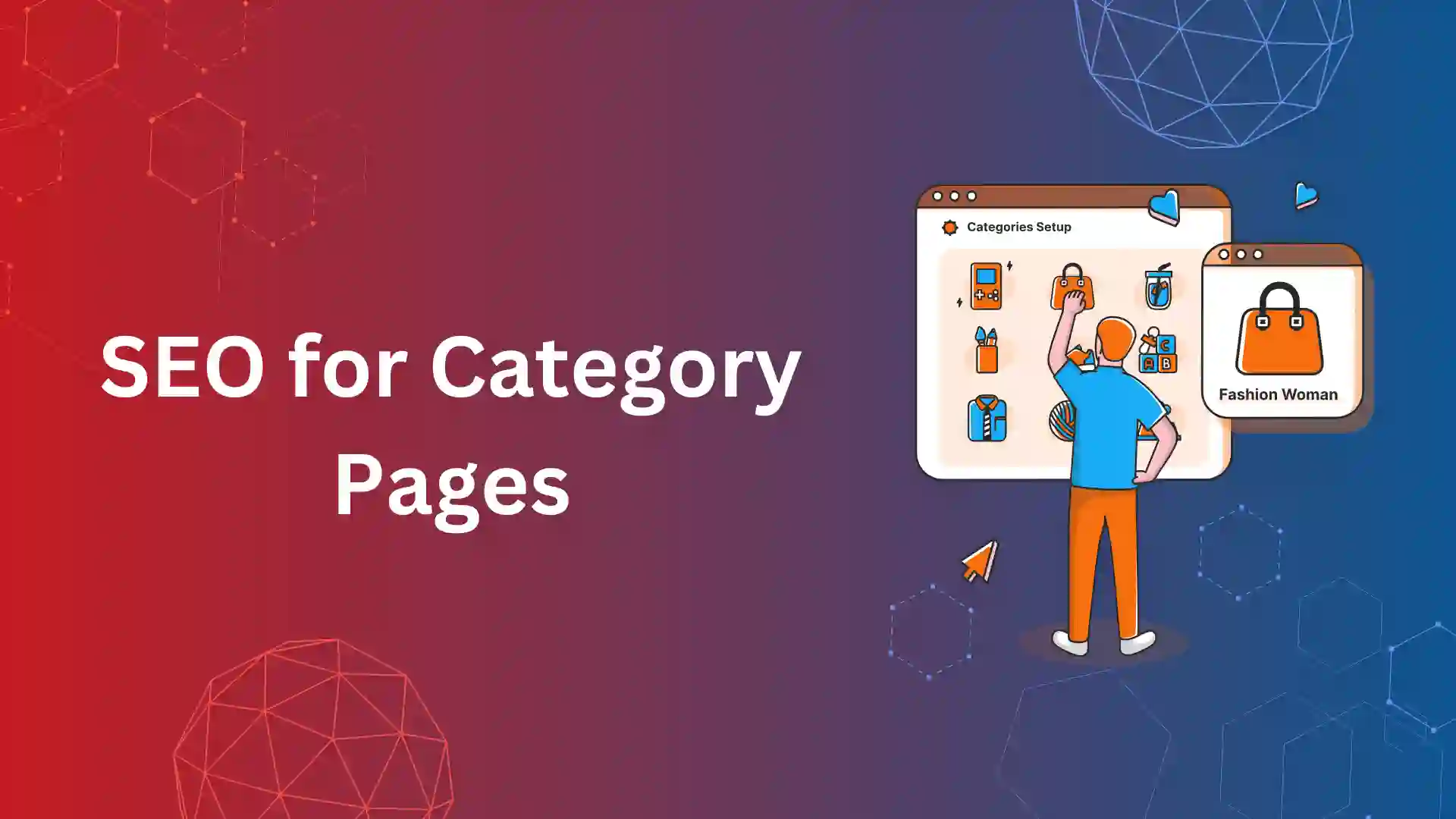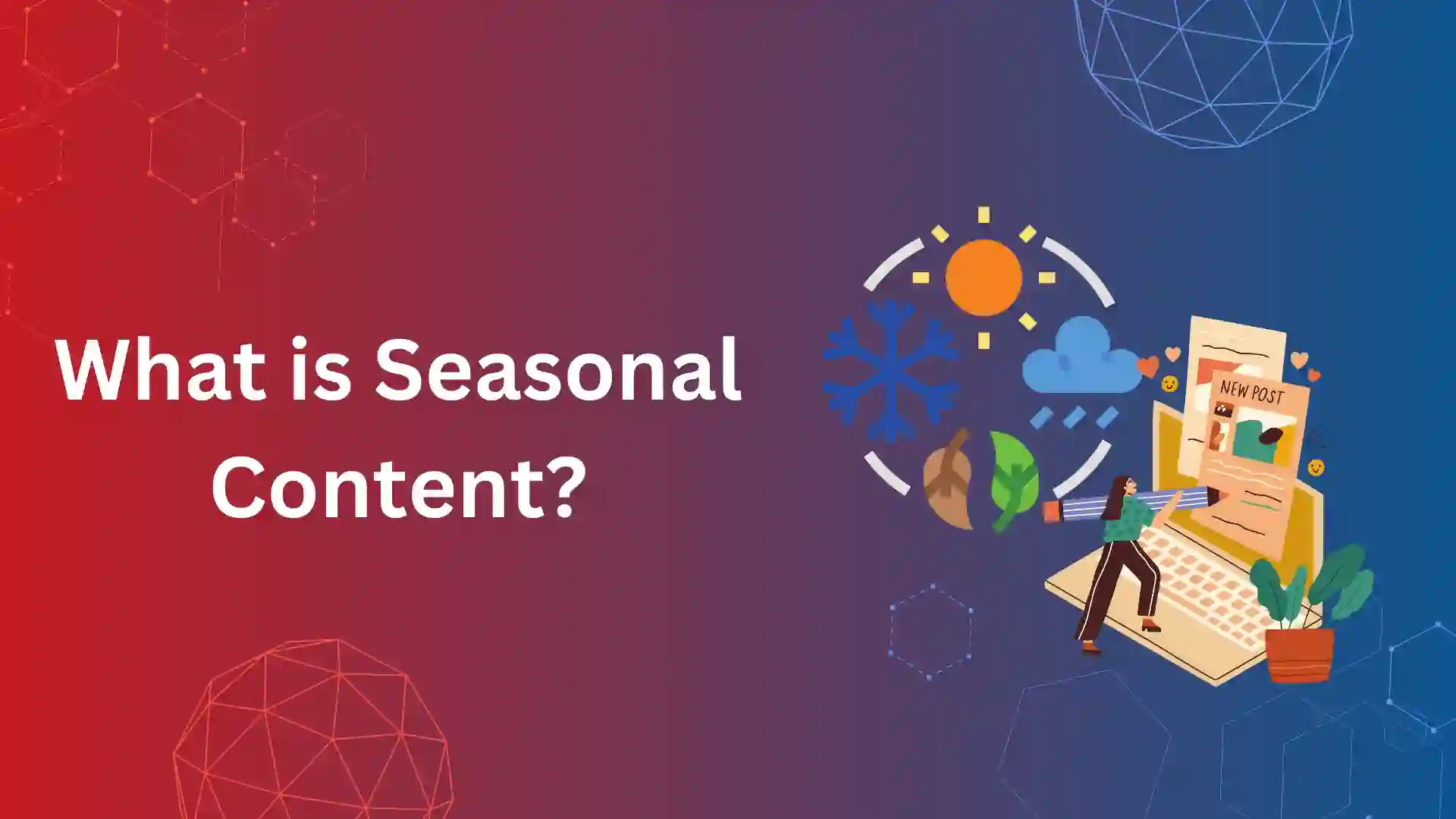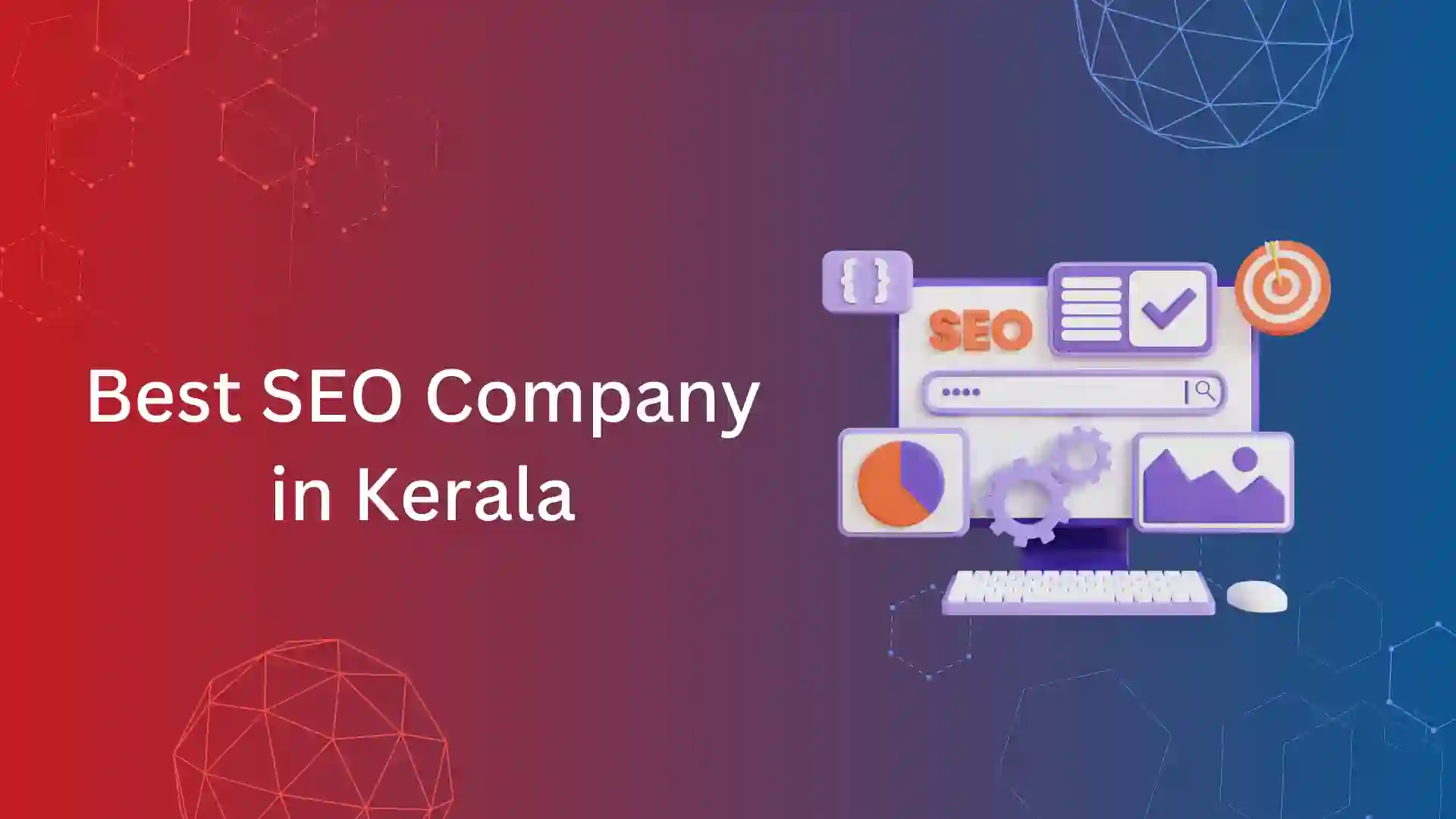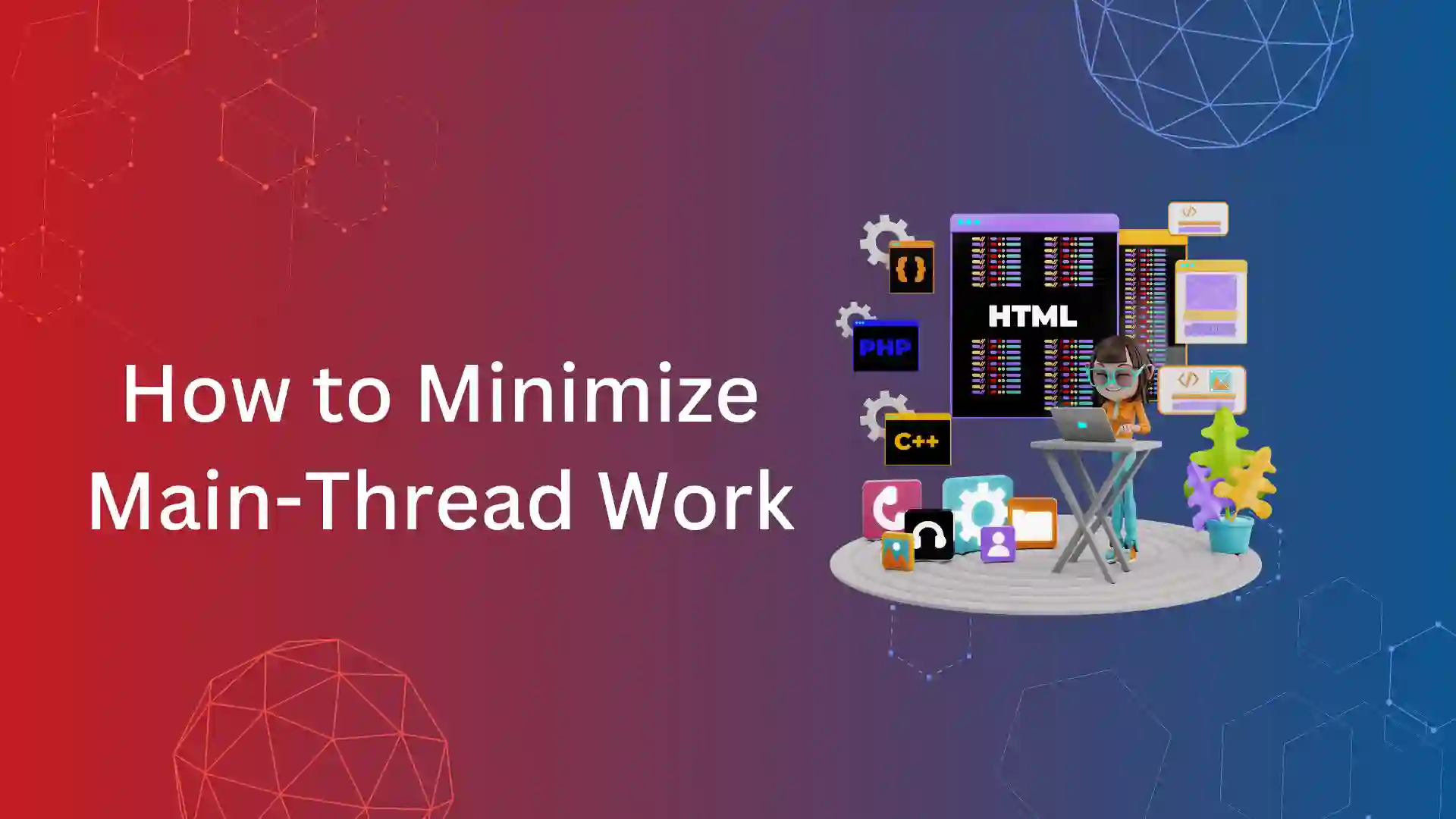What is SEO?
Search engine optimization (SEO) refers to the process of optimizing your website to get organic visibility in the search engines for the relevant query. The more visible your pages are in search results, the more likely you are to attract the attention of new and returning clients to your business.
SEO is the technique of driving traffic via free, editorial, organic, or natural search results in search engines. It optimizes the position of your website in search results pages. Remember that the higher a website is ranked on the list, the higher the number of individuals viewing it.
Search engines—primarily Google, the most widely used worldwide—process millions of searches every second.
In their everyday routines, users hunt for solutions to various topics, ranging from the top-rated hotel for an upcoming vacation to an explanation of the theory of evolution.
Google sorts the search results for each query by placing the best solutions at the top. The statistics below demonstrate the proportion of users relying on search engine’s judgment:
- More than 30% of users click through the top three organic links.
- Only 0.78% of users visit a link on the second page of the results.
How Does SEO Work?
Search engines like Google and Bing use bots for cruising the Internet, going from one site to another and gathering data on each one before indexing it.
Imagine the index as a large library where a librarian can retrieve a certain book (or web page) to help you discover it.
The order in which sites should appear in search results for a certain query is then determined by algorithms using hundreds of ranking factors or signals that analyze the index of websites.
This is how search engines works to rank your website in the SERP.
Role of SEO for Business:
SEO makes your business more visible to potential clients on search engines. The person in charge of your company’s SEO efforts will evaluate and apply various website techniques to raise your ranking for particular subjects or keywords.
You should ensure that your business is indexed in the search engine results pages (SERPs) to make you visible to clients when they conduct online service searches using Google or other search engines.
A potential customer is unlikely to find your business and navigate your website if it is on page 80 of the SERPs.
Primary Components of SEO:
- Keyword research.
- Website architecture.
- Content structure
- Consistent Content creation and optimization.
- HTML Meta Tags.
- Internal and External links.
- Uniform Resource Locator (URL).
- Image and Video optimization.
- Voice search optimization.
- Crawling & Indexing
- User experience.
- Website loading speed (Core web vitals).
- Mobile usability.
- HTTPS (Site security).
- Website branding and domain age.
- Page Rank.
- Safe browsing.
- Link building
Why Is SEO Important in Marketing?
More than 70% of search engine users are more likely to click on one of the top five suggestions on the SERPs. Your website must show up in one of the top positions to benefit from this and attract people or clients to your website or online store.
Good SEO techniques enhance a website’s usability and user experience; thus, SEO is not just about search engines.
Users trust search engines; therefore, having a website appear in the top results for the user’s search terms builds user trust.
SEO is beneficial for promoting your website on social media. Search engine users are more inclined to share your website’s link on Facebook, Twitter, and other social media platforms.
A large website needs SEO to operate efficiently. Websites with multiple authors might benefit from SEO both directly and indirectly.
In addition to having a standard framework (checklists) to apply before posting materials on the site, their indirect impact generates a boost in organic traffic.
Benefits of SEO
Search engine rankings of your website can be enhanced with SEO. The most crucial objectives of your business, including boosting leads and sales, could be positively impacted by SEO. Some of SEO’s benefits are as follows:
- It aims for high-quality traffic.
- It ensures that customers have a trustworthy user experience.
- It increases brand recognition.
- It urges you to pay attention to customer experience.
- It is feasible in terms of budget.
- It can be tracked/monitored.
- It boosts other marketing campaigns.
White Hat vs. Black Hat SEO
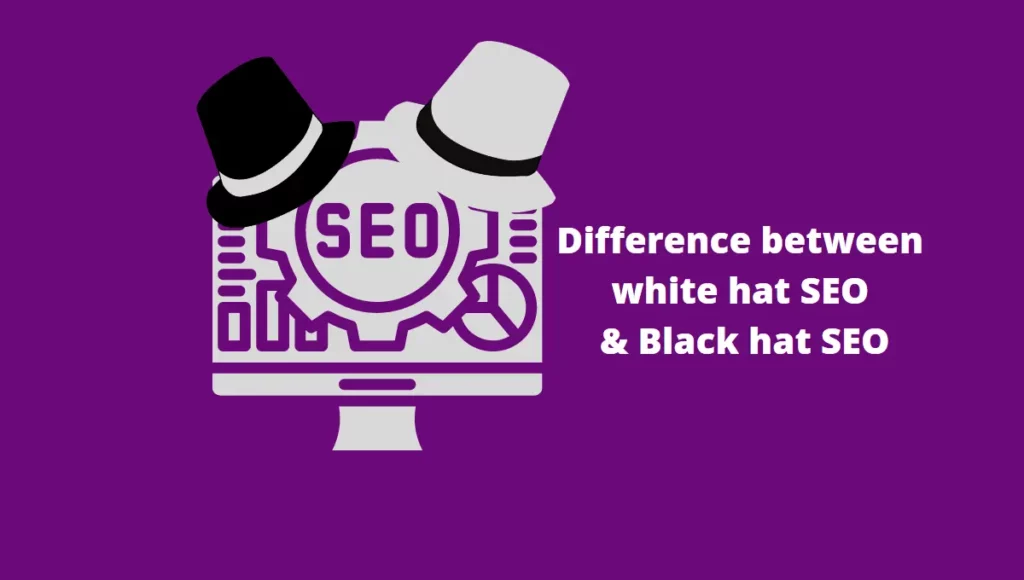
White Hat SEO: First, let’s examine the concept of “white hat SEO.” It refers, in essence, to the proper, moral manner to optimize a website. But to help you understand what it means, a white hat strategy satisfies the following three requirements:
- It adheres to search engine recommendations— If you’re not trying to trick Google’s algorithm or influence results, you’re probably employing white hat SEO.
- It focuses on organic traffic— White hat making adjustments that benefit website visitors is part of SEO. And it makes sense that this is a key element of the approach to SEO given that Google’s top aim is to provide their users the best results possible. Fortunately, many of the best SEO techniques already include measures that enhance the user experience that a site offers its users.
Black Hat SEO: It refers to a group of procedures used to violate the terms of service of search engines to raise the rank of a website or web page.
In Western movies, the phrase “black hat” first appeared to distinguish the “bad guys” from the “good guys” who wore white hats. It’s frequently used to refer to people who use computers unethically, such as computer hackers and virus developers.
- It goes against search engine policies—Black hat techniques are prohibited by Google’s standards and are frequently mentioned as strategies you should avoid using.
- It prioritizes “rapid wins”—Many black hat SEO tactics are aimed at taking advantage of Google’s algorithmic flaws, which can increase rankings quickly with little effort. While some of these strategies may work, the results are almost always transient.
- This is so that site owners who don’t offer a top-notch user experience won’t be able to rank high and so that Google can continue to improve its algorithm to deliver the best results to searchers.
Types of SEO
On-Page SEO:
In on-page SEO, web pages are optimized to achieve high search engine rankings. The page content, title tag, and URL are some of the on-page ranking variables.
On-page SEO can drive many new customers and visitors to your website. Furthermore, on-page SEO is entirely up to you since you choose each page’s subject and objective.
The target audience for that page is up to you to choose. Additionally, you have a say in which keywords and phrases you want to concentrate on.
Off-Page SEO
Off-page SEO, commonly referred to as off-site SEO, describes all optimization techniques away from a website.
This covers link-building and other brand promotional efforts, including influencer marketing, social media marketing, and brand mentions.
The quality and reliability of your website in search engines are improved when other websites link to it and promote your content. Websites with numerous backlinks are ranked higher than those with fewer backlinks.
To effectively generate traffic from such campaigns during promotions, it is imperative to mention your brand name or include a link to your website.
Technical SEO:
Technical SEO is improving a website’s server and code to make it faster, easier to crawl, and more understandable. This is a component of on-page SEO.
Making sure a website complies with the technical standards of current search engines to achieve higher organic rankings is known as technical SEO. Website architecture, crawling, indexing, and rendering are crucial aspects of technical SEO.
The goal of technical SEO is to raise a website’s technical standing so that search engines will rank its pages higher. The three pillars of technical optimization are making a website quicker, easier to crawl, and more understandable for search engines.
On-page SEO, which focuses on enhancing components of your website to improve rankings, includes technical SEO. It is the antithesis of off-page SEO, which focuses on increasing a website’s exposure through other channels.
Local SEO:
Website optimization for a particular local area is known as local SEO.
If you run a local business, such as a store, café, or organization, your web pages should appear at the top position in local users’ search results.
Ensuring that individuals can find you online and offline is what website optimization for your neighborhood business is all about.
Although your building may not be filled with guests, you are still attempting to reach people who live nearby.
You should therefore ensure that location is represented well online. You can do many other things, but you can accomplish them on your website.
Free SEO tools to Practice
There are several SEO tools, and each SEO specialist has their preferred tools. The greatest all-inclusive SEO solutions are typically rather expensive and demand a monthly membership.
Therefore, they are best suited for larger businesses and agencies that frequently employ them and require all the sophisticated features these SEO audit tools offer.
Smaller companies, however, often need help to justify the expense of such SEO-specific tools because they may only be used occasionally or only a portion of their functionality is required.
In these circumstances, it’s wiser to employ various free tools that can perform most of the necessary work despite not being quite as strong.
Many different SEO tools are available, and it may be challenging for a novice SEO to determine which devices are effective, especially considering that we all have busy lives and obligations outside testing tools.
Here are my top five SEO tools which might be a helpful resource for you.
Google search console
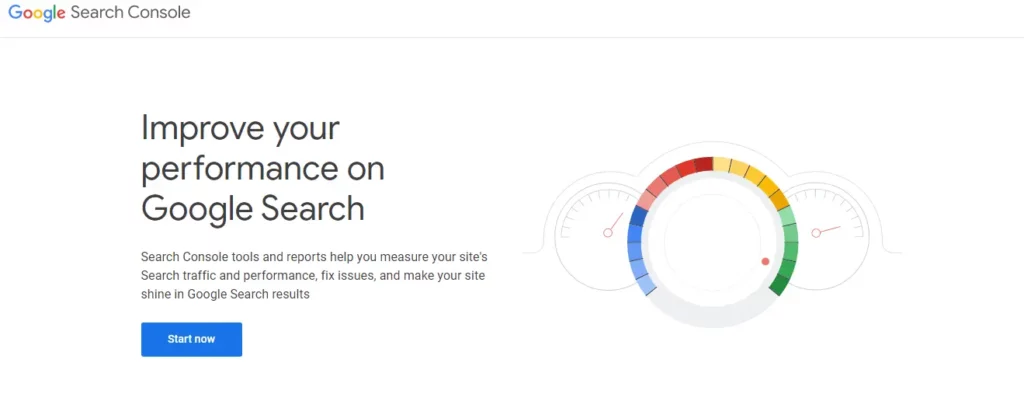
Google Search Console is the first tool that everyone should start using. It is a Google-owned service designed to track your online visibility.
This has recently been improved for analyzing user experience. This tool allows you to learn the following:
- What keywords drive visitors to your website?
- How high are your pages and keywords’ ranked average?
- How frequently do you appear in search results, and how often do people click on your results?
- How well Google’s database is indexed for your website?
Lighthouse
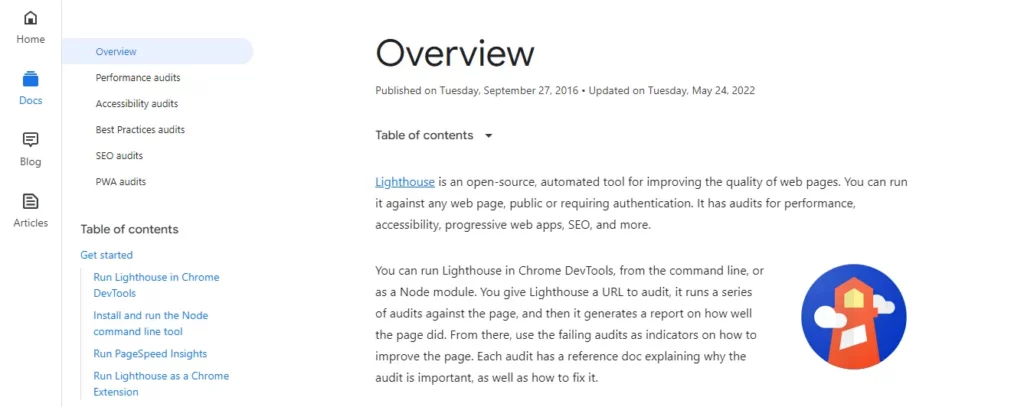
The Chrome developer tools are where you can find the built-in auditing tool for Chrome. Either use the menu to find it or just hit F12. From the Audits tab, select the tool itself.
This tool can perform five different audits on the page you are currently viewing at the push of a button. It also includes links to further in-depth analyses of all issues discovered.
Google Analytics:
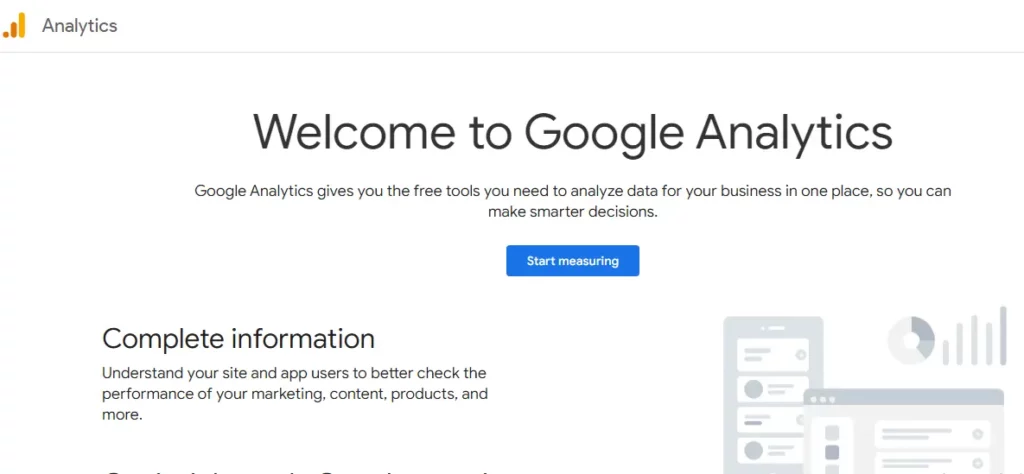
Google Analytics, arguably the most effective free analytics tool on the market, keeps track of virtually all website traffic, including where it comes from, which pages are receiving it, and other details.
Even though it’s not solely for SEO, it’s still a useful tool for determining whether or not you are receiving traffic from organic search.
Google Keyword Planner :
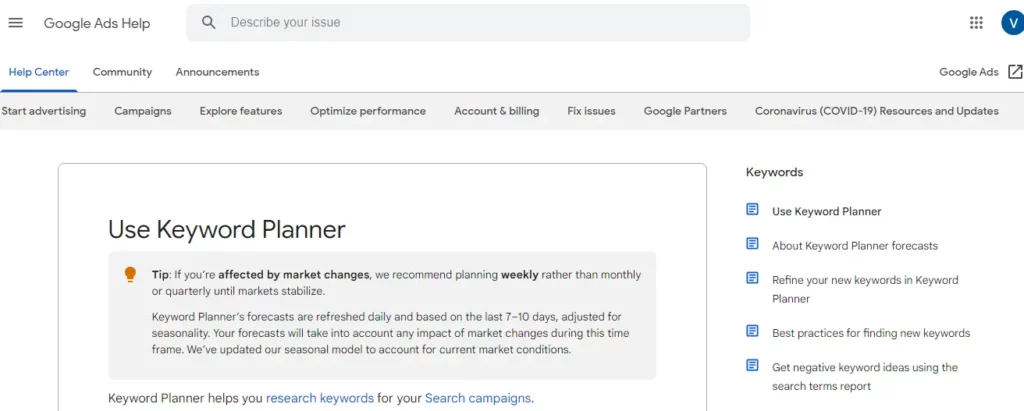
One of the most comprehensive keyword research tools is Google AdWords Keyword Planner. It allows you to look up keywords and estimate their traffic. More importantly, based on their AdWords cost, it can assist you in determining how competitive keywords are.
This tool eliminates keywords based on Cost-per-Click (CPC) or search volume to prevent information overload. By doing this, you can obtain reports based only on your desired estimates.
Conclusion
It is evident from the given facts that SEO can help accomplish various commercial objectives.
SEO increases the business audience, engagement, and conversions. Additionally, it improves brand recognition and reputation.
It gives the business a boost in growth and sales and a competitive advantage in the market. Your business website needs to be maintained and optimized for SEO purposes.
Search engines may only index the website if it has appropriate links, content, or keywords, which will prevent it from achieving high search rankings.
If you’re someone who look to learn the complete concept of SEO from expert, you can checkout our SEO courses to become top 1% SEO expert.

